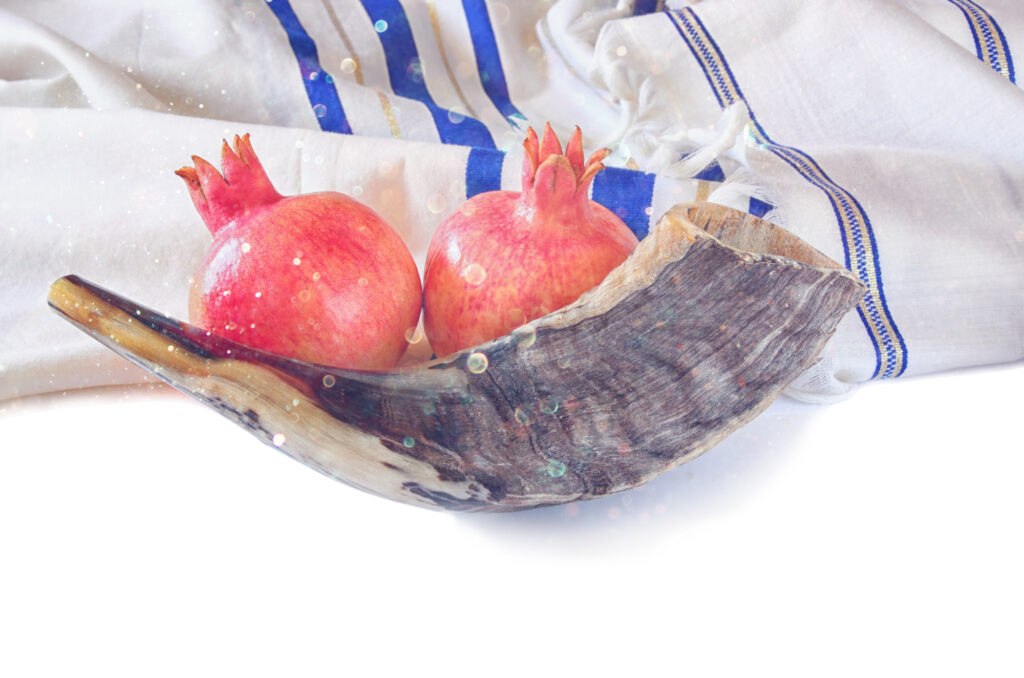Frequently Asked Questions about Yom Kippur

Getting a Better Understanding of the Jewish Day of Atonement
Yom Kippur, the second major holiday among the Jewish High Holy Days, will commence this year at sunset on Tuesday, October 4 and end at sundown the following day. The holiest day in the year in the Jewish faith, Yom Kippur focuses on atonement and repentance, and starts 10 days from the first evening of Rosh Hashanah.
What Is Yom Kippur?
The term “Yom Kippur” literally translates from the Hebrew words “yom,” or “day,” and “kippur,” meaning “atonement, although a more literal translation of kippur from the Hebrew is “cleansing.” It is recognized within the Jewish faith as a day to engage in self-reflection, to acknowledge misdeeds, and to atone for them. It is not considered a day of celebration, but rather a day self-denial and reflection.
Most people in the Jewish tradition fast on Yom Kippur, with the fast lasting 25 hours. Children who are under the Bar/Bat Mitzvah age are generally not required to fast, and children under nine are typically prohibited from fasting.
What Is the Relationship between Rosh Hashanah and Yom Kippur?
The Jewish High Holy Days begin at sunset on the first night of Rosh Hashanah, with Yom Kippur following exactly 10 days later. This 10-day period represents the last of the 40 days that Moses spent on Mount Sinai receiving the second set of tablets from God.
This 10-day period is also commonly referred to as the 10 Days of Repentance. According to Jewish tradition, on Rosh Hoshanah, God opens the Book of Life and inscribes our fate for the coming year. That fate can be influenced by actions known as teshuvah, from the Hebrew for “repentance” or “return.” By asking forgiveness of those whom we have hurt or wronged during the past year, we can minimize the severity of God’s judgment on us.
What Actions Are Prohibited on Yom Kippur?
In addition to fasting, other measures of abstinence are also common on Yom Kippur:
- Wearing leather—It’s not uncommon to see people in synagogues on Yom Kippur in tennis shoes. That stems from the tradition of not wearing leather, which has always been viewed as a symbol of wealth and comfort and, therefore, contrary to the intention of Yom Kippur, which is to focus on the spiritual, not the material, life.
- Bathing or attention to physical beauty—This tradition also reflects the admonition to focus on internal matters rather than physical attraction.
- Sexual intimacy—Because Yom Kippur is a day to concentrate on spiritual matters, sexual intimacy is deemed inappropriate.
What Prayers Are Commonly Used on Yom Kippur?
In addition to the three prayer services held every day in the Jewish faith, Yom Kippur has five services over the course of the day. In addition, each of the services adds the Vidui (a public and private confession of sins) and the avodah, a prayer dedicated to the Kohen Gadol, the high priest of the Holy Temple in Jerusalem. The evening service, or Ma’ariv, starts with the Kol Nidrei, repeated three times, asking that all vows and oaths made during the preceding year be forgiven, so that adherents can start the new year with a clean slate.
Are There Any Food Traditions Tied to Yom Kippur?
Yes. Because fasting is an integral part of Yom Kippur, the breaking of that fast is celebrated the next morning with a traditional break-fast, often resembling a brunch. As a general rule, these breakfasts tend to eschew meat, focusing instead on dairy. Bagels, cream cheese, lox, tuna and egg salad are also common.
What Are the Traditional Greetings on Yom Kippur?
Many of the greetings used on Rosh Hashanah are also common on Yom Kippur. These include:
- Gmar Hatimah Tovah—Have a good signing/sealing (in the Book of Life)
- Tzom Kal—Have an easy fast
- Shana tova—Have a happy new year
- Yom tov—Have a good day
Let Gutterman’s Help in Your Time of Bereavement
With funeral chapels in New York and Florida, Gutterman’s and Gutterman Warheit have provided comprehensive funeral and burial services to individuals and families within the Jewish community for more than five generations. We understand the distinct funeral and burial customs within the different Jewish traditions and will work closely with you to help you honor your loved one, as well as your faith. We offer assistance with all matters related to funeral or burial services, from the selection of a monument or marker to the order of service at a memorial. We will work with the Chevra Kadisha to ensure appropriate preparation of the body, help you with preparations for sitting Shiva, and assist with the creation of a Yahrzeit calendar.
For compassionate and respectful guidance after the death of a loved one, or to learn how we can help you, call us at one of the numbers provided below. We are available 24 hours a day, 7 days a week to assist you.
Gutterman’s & Gutterman Warheit — Where Relationships Matter
Family Owned and Operated Since 1892
Rockville Centre: (516)764-9400 | Woodbury: (516)921-5757 | Brooklyn: (718)284-1500
Boca Raton, FL: (561)997-9900 | (800)992-9262
